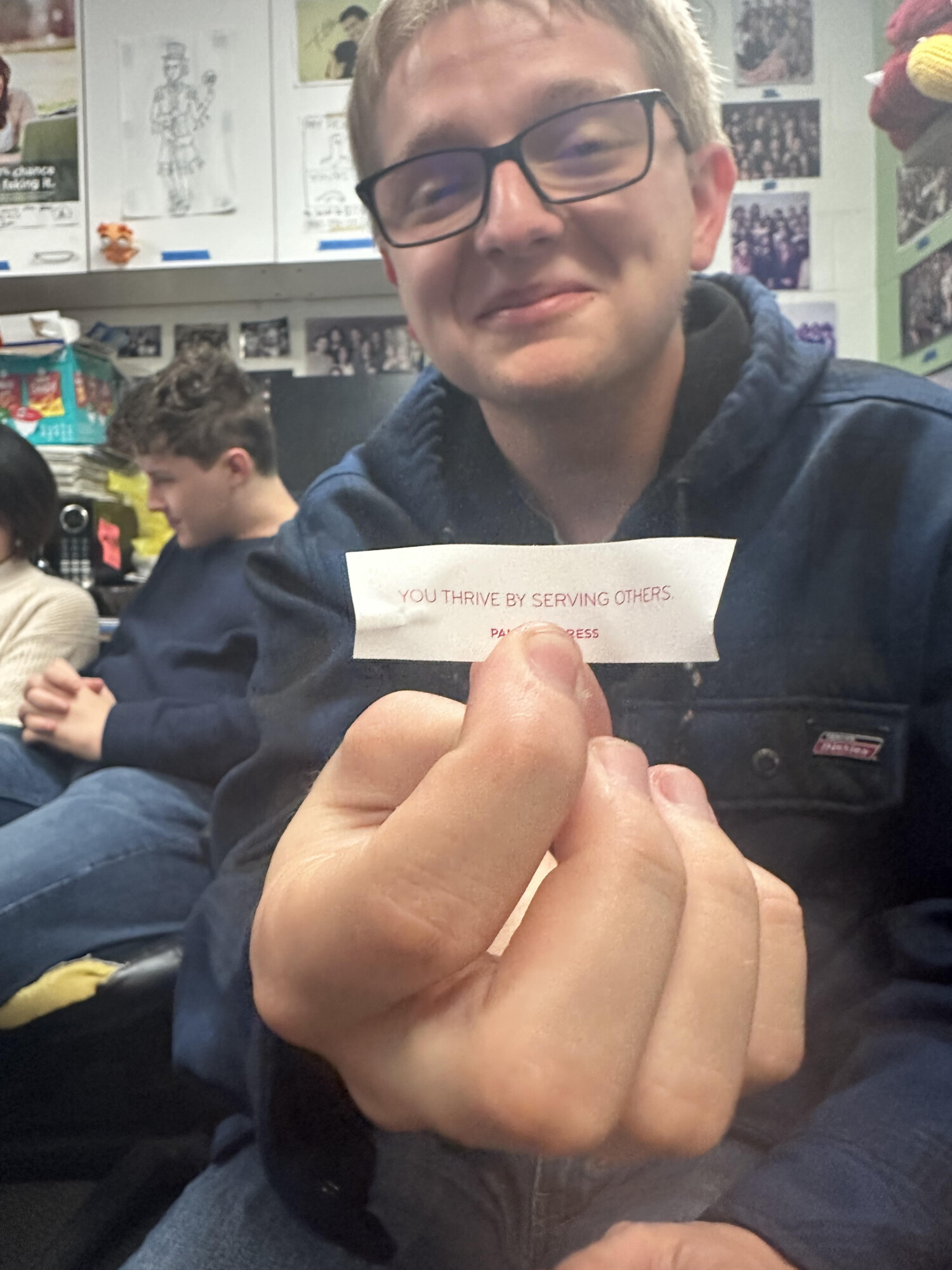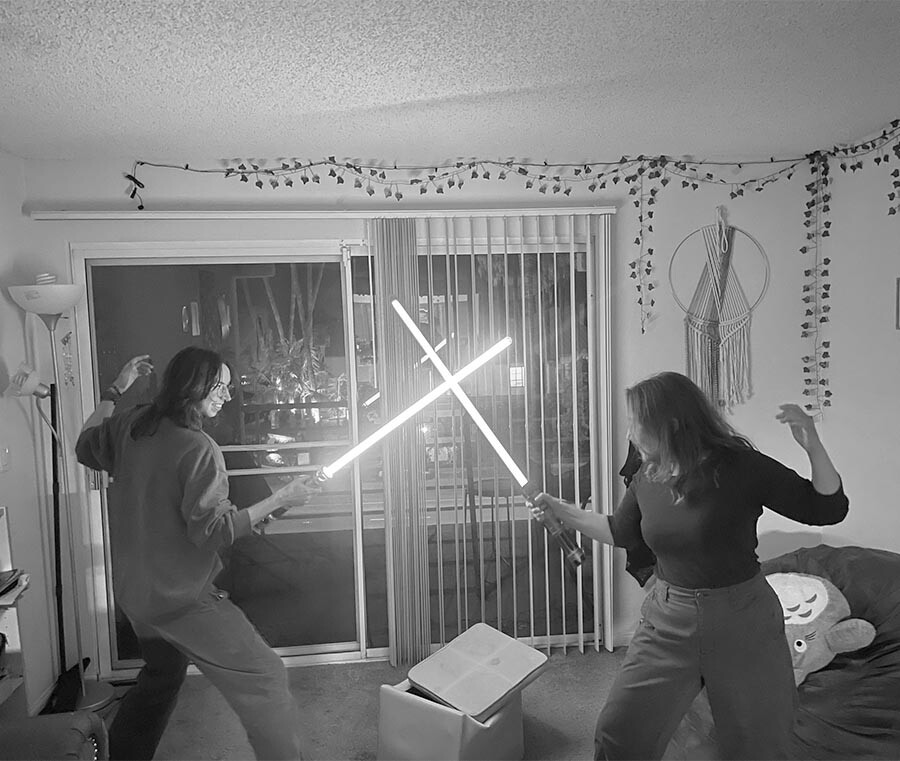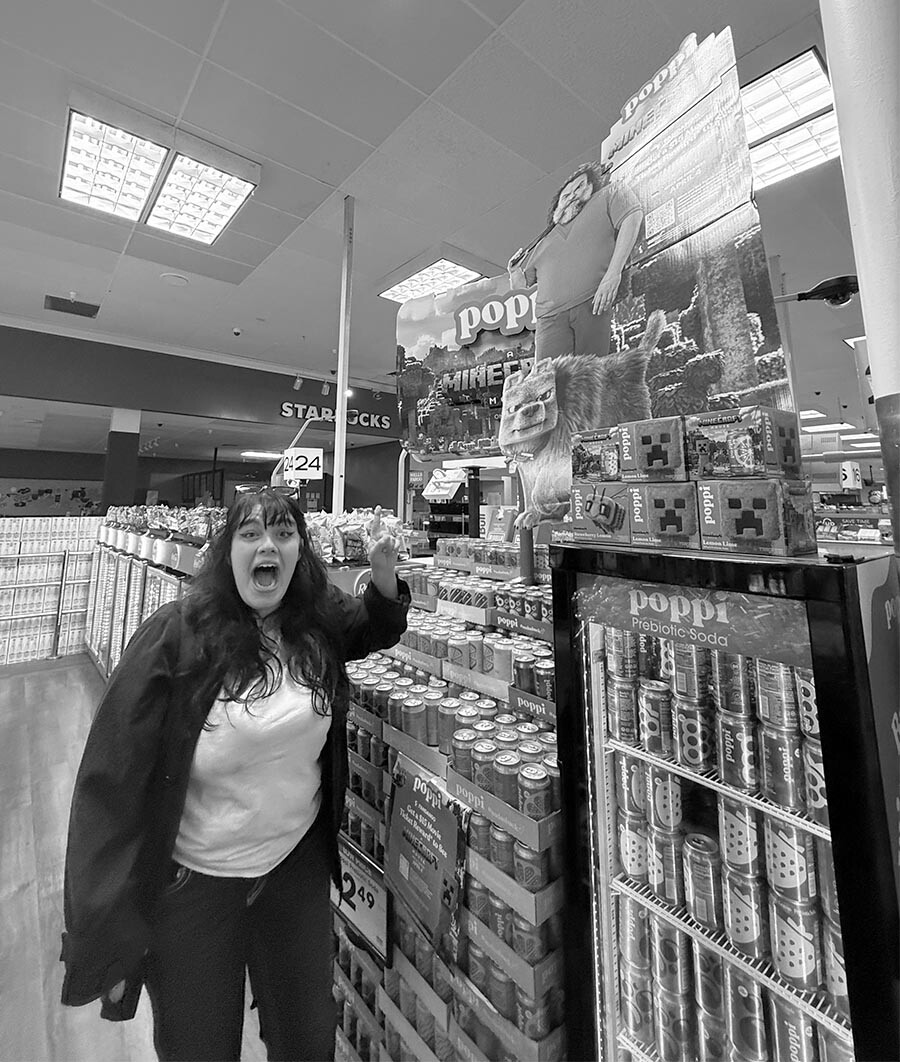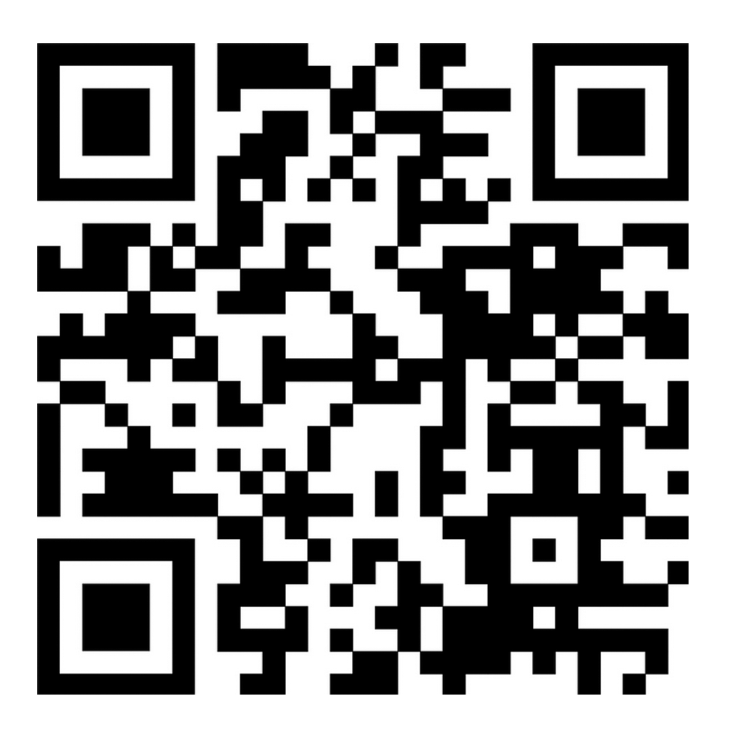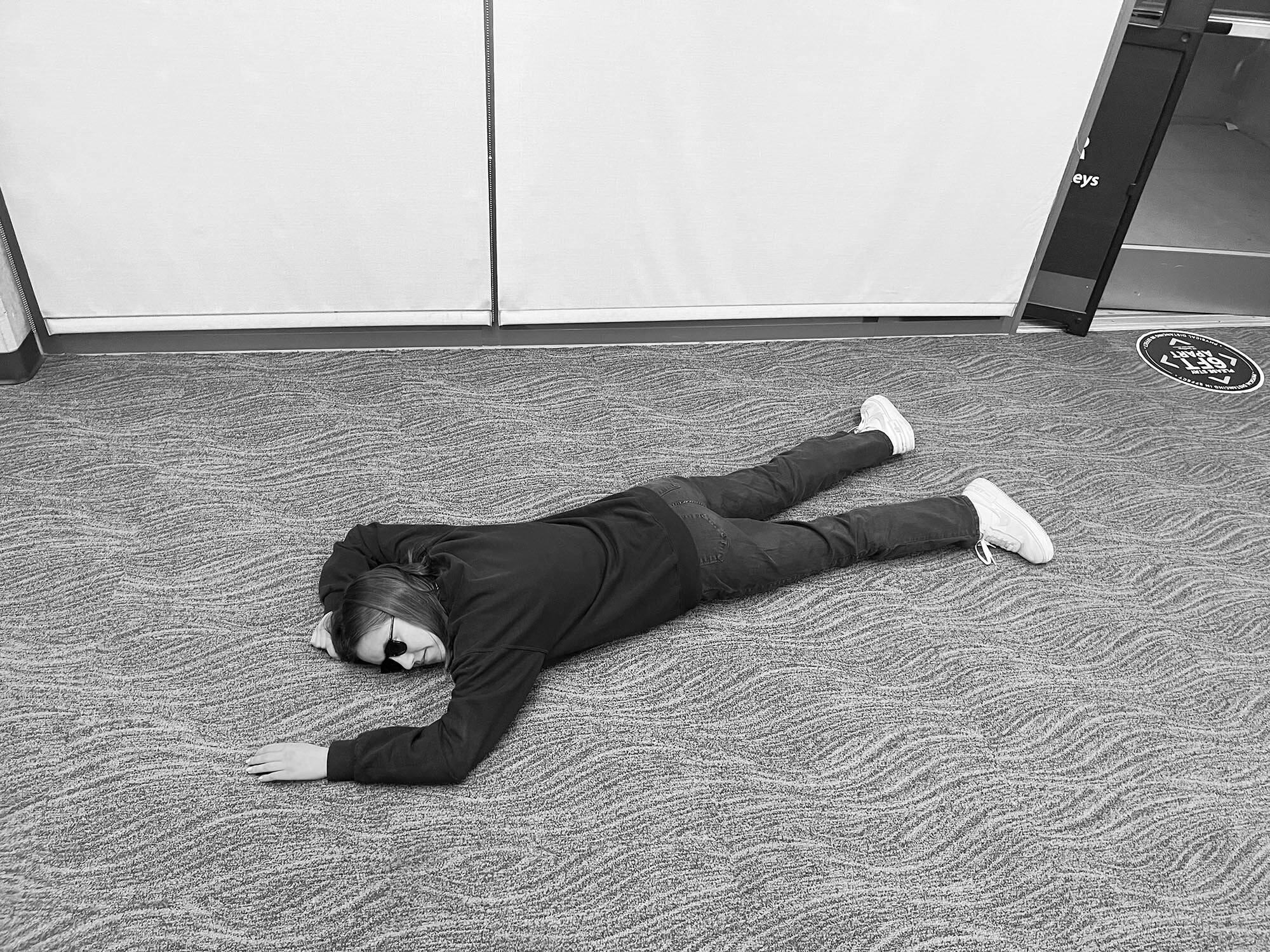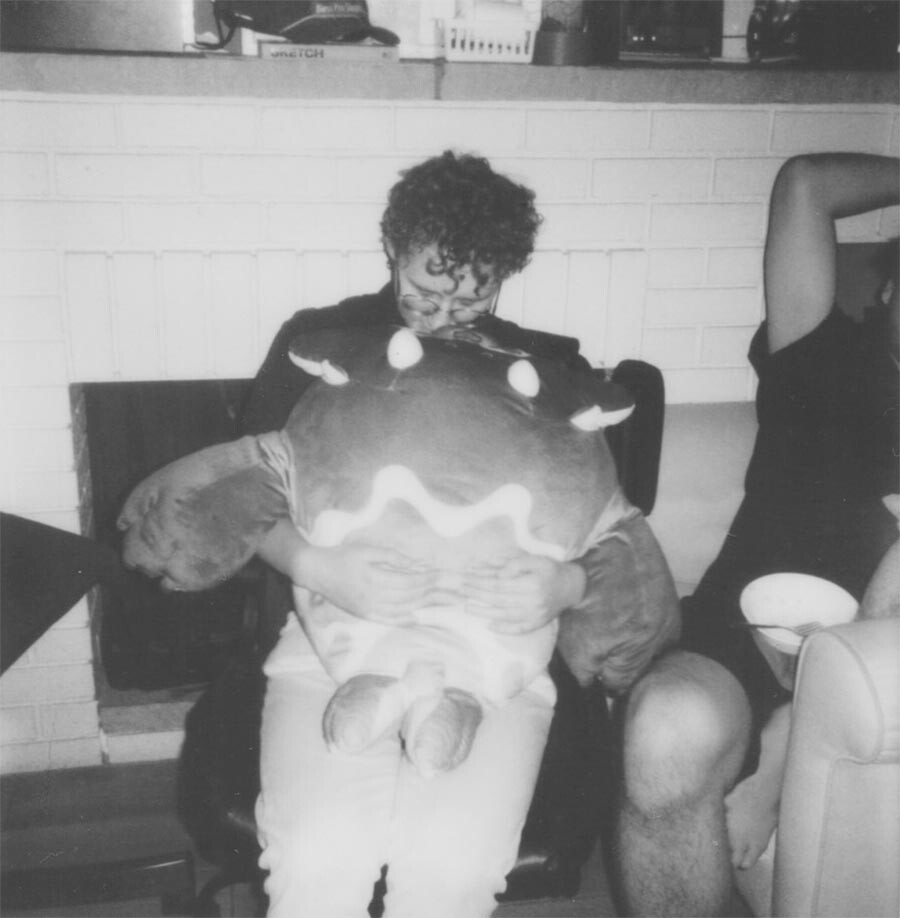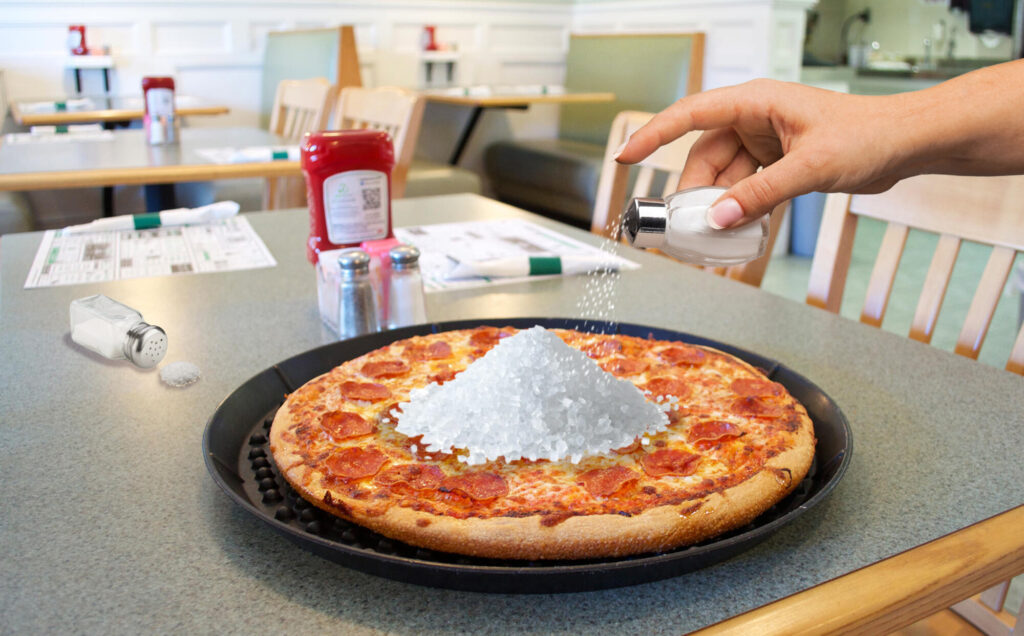
“I still get food poisoning, but now I know exactly why,” said one student.
Photo by Kai Nguyen
The Triton2Go Mobile Order app has long been a source of confusion for consumers seeking accurate nutrition information. From hot dogs containing over 20 grams of protein to slices of cherry pie with 412 milligrams of sodium, many students claim to avoid spending Dining Dollars and instead reach for a microwaveable meal they can trust. “The numbers are misleading at best and wrong at wurst,” said food safety inspector and UC San Diego alumnus Robin Bakerson. After a long private investigation, Bakerson acquired permission to invoke the US Food & Drug Administration’s name in a letter sent to Housing, Dining & Hospitality on the issue. “The four case workers that helped me sort out the costs — Benjamin, George, Alexander, and Andrew? Those guys got both the FDA and HDH to turn their heads and finally give a crap about student health. They seriously solved all my problems before they happened.”
Within months of the warning being issued, HDH shut down all dining halls for “emergency interface renovations.” To accommodate those who use the affected services daily, several raffles for $5 Triton Cash vouchers were opened so students could “have themselves a merry little treat — as long as they win.”
“They’re cooking,” speculated one student at an MRE Challenge Bonfire organized by their fraternity. “Let them.”
HDH reopened its facilities in time for this morning’s National Coq Au Vin Day festival, though upon arriving at Foodworx to scout the scene, Bakerson had their doubts that the plastic party decorations were the only thing that changed. Feigning that their phone died, Bakerson ordered at the counter and was able to “strike up an actual conversation” with the worker. “It was the strangest thing, I’ve never seen an HDH employee with so much light behind their eyes. Every step of the culinary process was pure joy to them — I saw it as they hopped across the whole kitchen to grab that salt shaker. Having found something delightful to report on, I was ready to leave without even checking the food.” Bakerson took another bite of the menu’s new New The Works Pizza. “That’s when the worker suddenly popped the cap off and dumped the whole thing of salt onto my order.”
Upon receiving Bakerson and the FDA’s warning letter, the school ran an investigation of their own to find the root cause of students’ disappointment in the Triton2Go app. Once a full audit of Roots was completed during its rush hour from 11 a.m. to 9 p.m., things became clear for HDH data analyst Tasha Fey. “We gently fudged the figures because we didn’t think those kids could handle spices, seasonings, or seeing more than two colors on their plate. But now we know. It’s time those kids get a taste of the truth.” Rather than update the numbers to reflect reality, HDH opted to revise the recipes to reflect the nutrition facts displayed in the app. Fey said that because the IT department was preoccupied with “studying every single name they needed to repeat for the AI readers at Commencement,” this was the more cost-effective option. “HDH is a self-supporting department that operates solely on consumer funding, so the least we can do is break even.”
New changes include replacing all patty options for the Triton Grill burgers with slabs of lard, and substituting monosodium glutamate (MSG) for the customer’s choice of strontium glutamate or sodium borate.
Student Health Services has opened satellite urgent care stations at The Bistro, Sunshine Market, and 64 Degrees.





